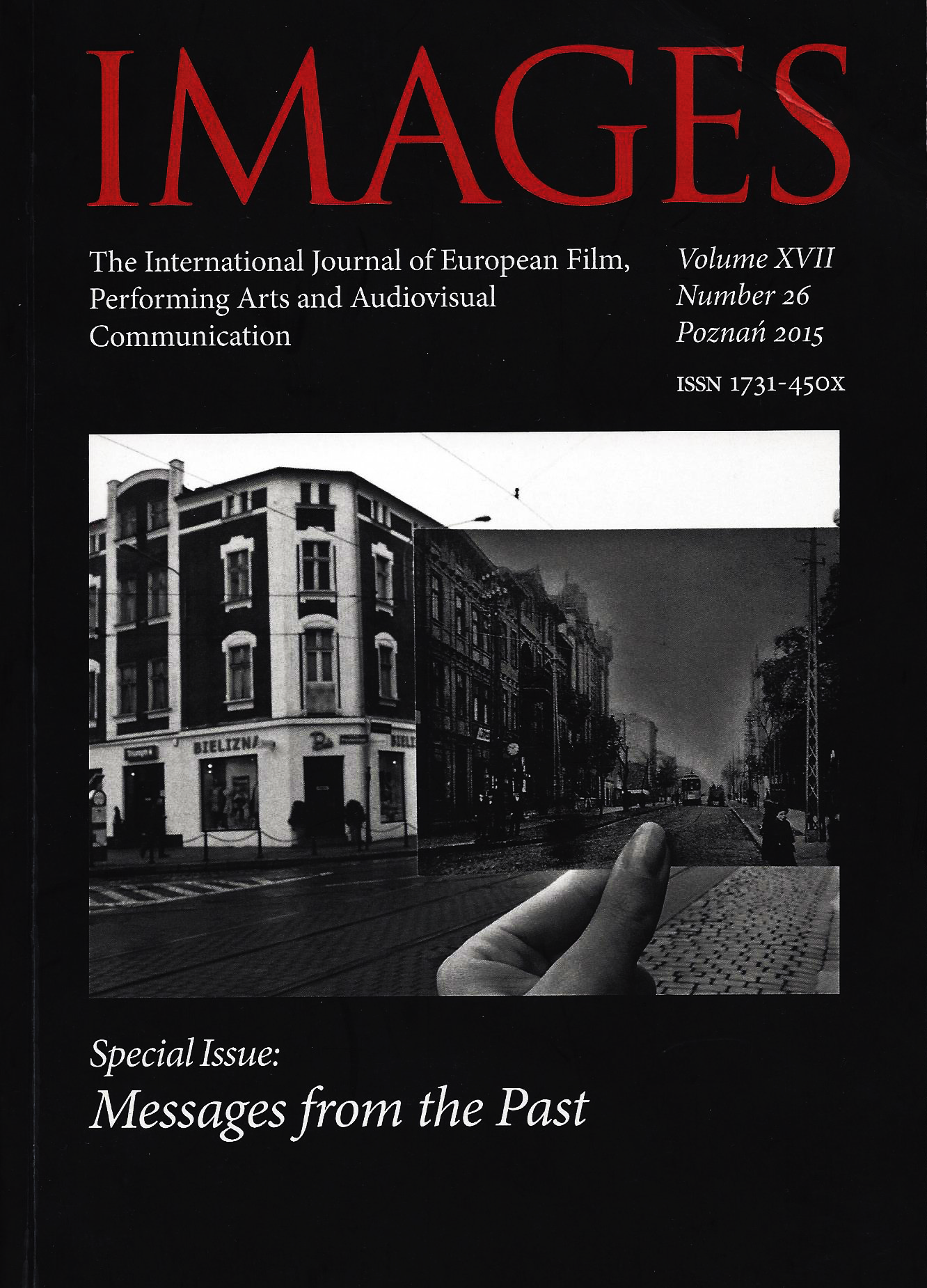"Without One Tree, a Forest Will Stay a Forest" by Dagmara Drzazga As a Religious and Historical Documentary
"Without One Tree, a Forest Will Stay a Forest" by Dagmara Drzazga As a Religious and Historical Documentary
Author(s): Katarzyna CitkoSubject(s): Christian Theology and Religion, Media studies, Sociology of Culture, Fascism, Nazism and WW II, Film / Cinema / Cinematography, Sociology of Politics
Published by: Uniwersytet im. Adama Mickiewicza w Poznaniu
Keywords: martyrdom; Nazi occupation; history; religion; documentary;
Summary/Abstract: Katarzyna Citkos article is an analysis of Dagmara Drzazga’s film Bez jednego drzewa las lasem zostanie (Without One Tree, a Forest Will Stay a Forest, 2012), an example of a religious and historical documentary. The article describes the film’s depiction of the tragic fate of Jan Macha, a priest who during the Nazi occupation of Poland organized help for victims of German oppression as a co-founder of the Scout organization Konwalia (Lilly). For his work, he was arrested and executed in a prison in Katowice by means of a guillotine that was installed there in 1941. The article also analyses film-making techniques characteristic to documentaries, as well as the specific forms of expression which situate Drzazga’s work in the realm of religious cinema. These documentary techniques include combining photos and archival documentaries, interviews with people who knew Macha, and the opinions of experts, such as historians, clergymen and journalists. Other interesting techniques employed by the director make it possible to describe the film as belonging to religious cinema of the transcendental style, as described by Paul Schrader, which abandons unnecessary suspense in favor of poetic images; focuses on the dynamics and drama of the events rather than an in-depth psychological analysis of characters’ motivations; interweaves first and third person narration, which is carried out by means of both voice over and by people speaking in the film; uses suggestive image editing combined with music which employs the theme of Agnus Dei. All of these features helped Drzazga’s interesting and thought-provoking film win a number of awards at international Catholic film festivals.
Journal: Images. The International Journal of European Film, Performing Arts and Audiovisual Communication
- Issue Year: 15/2014
- Issue No: 24
- Page Range: 129-136
- Page Count: 8
- Language: English

